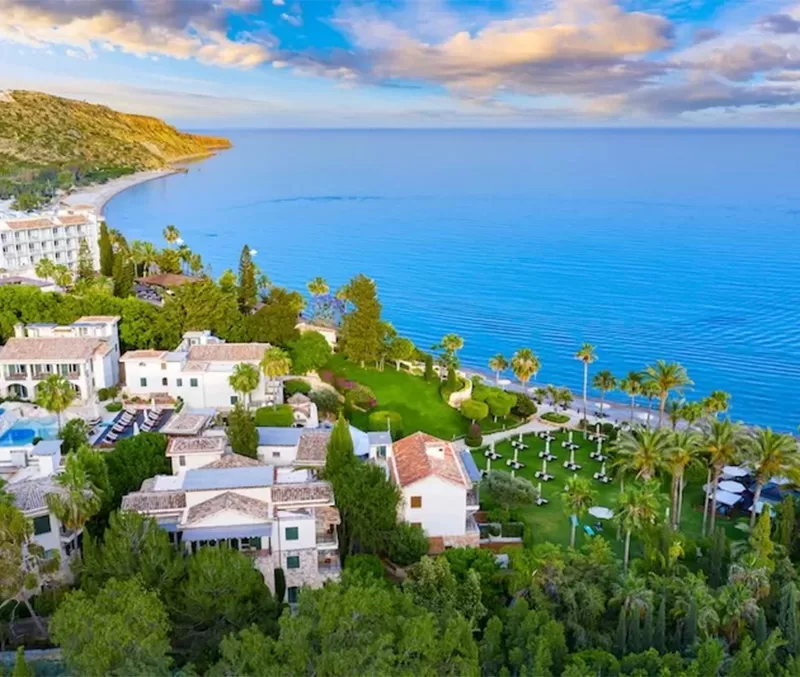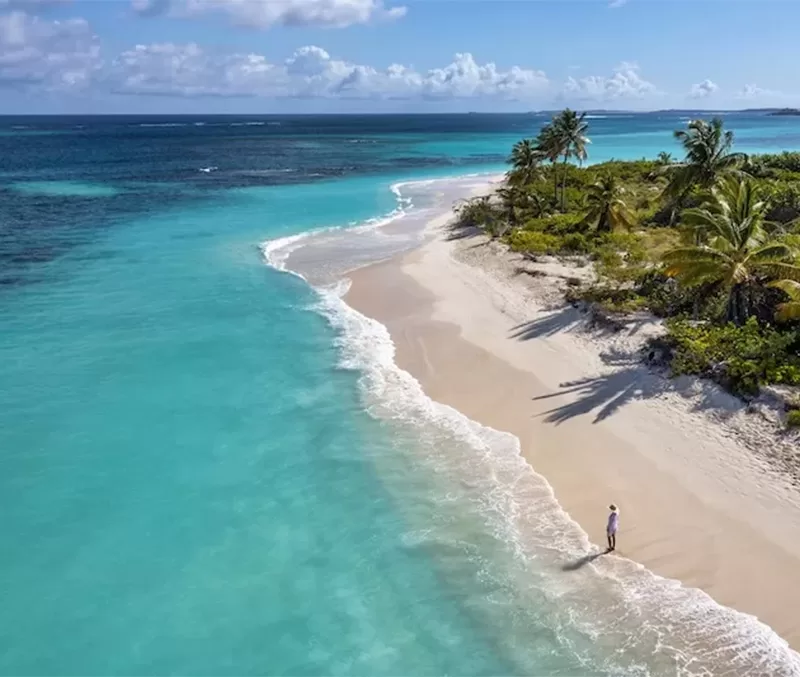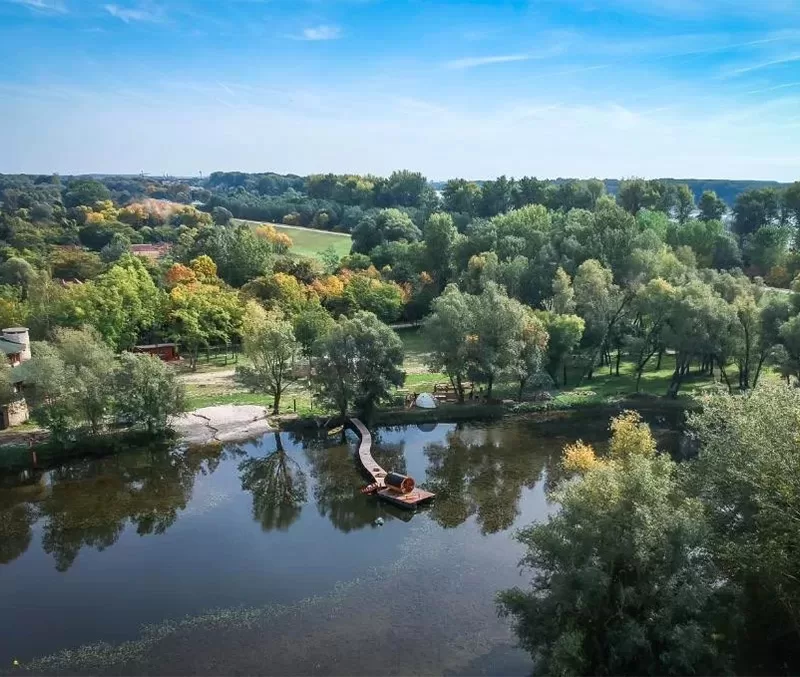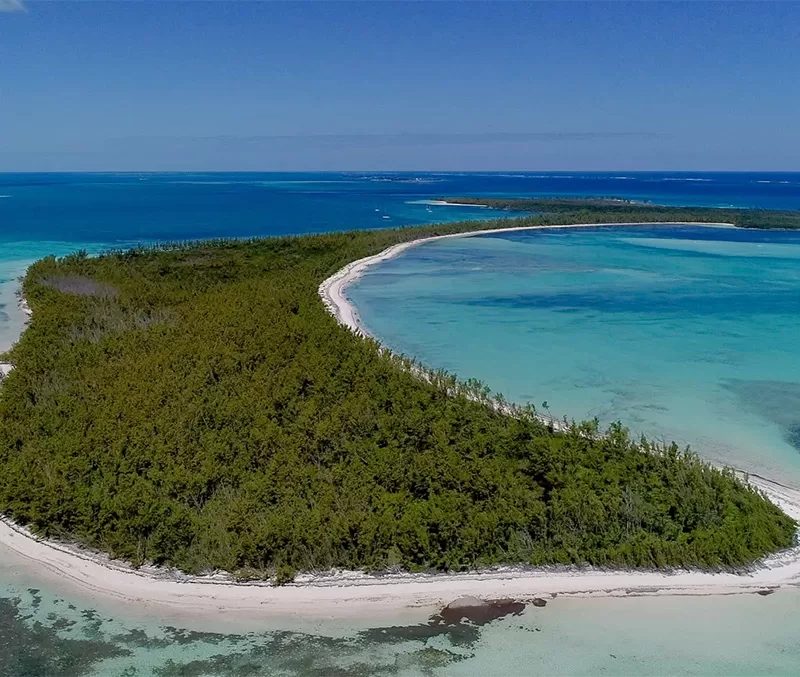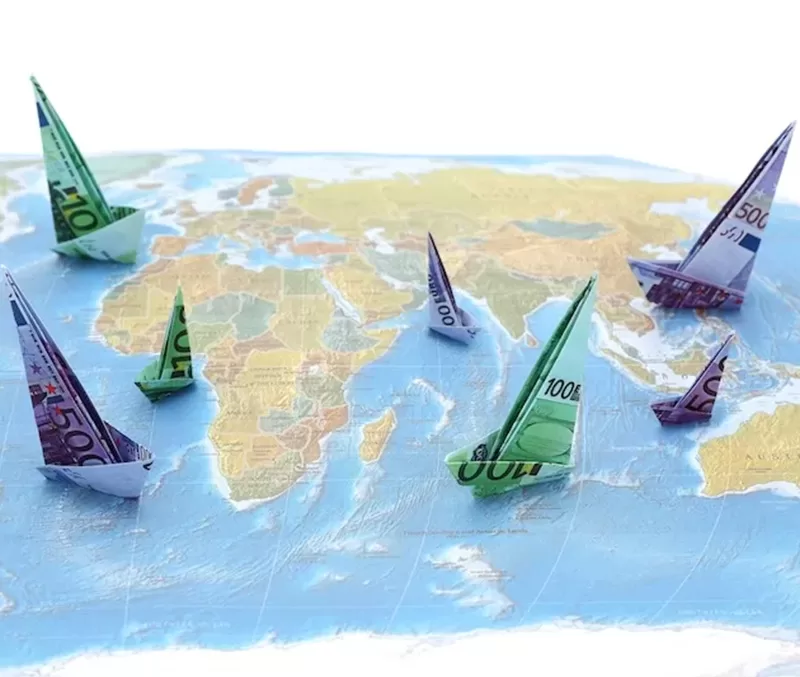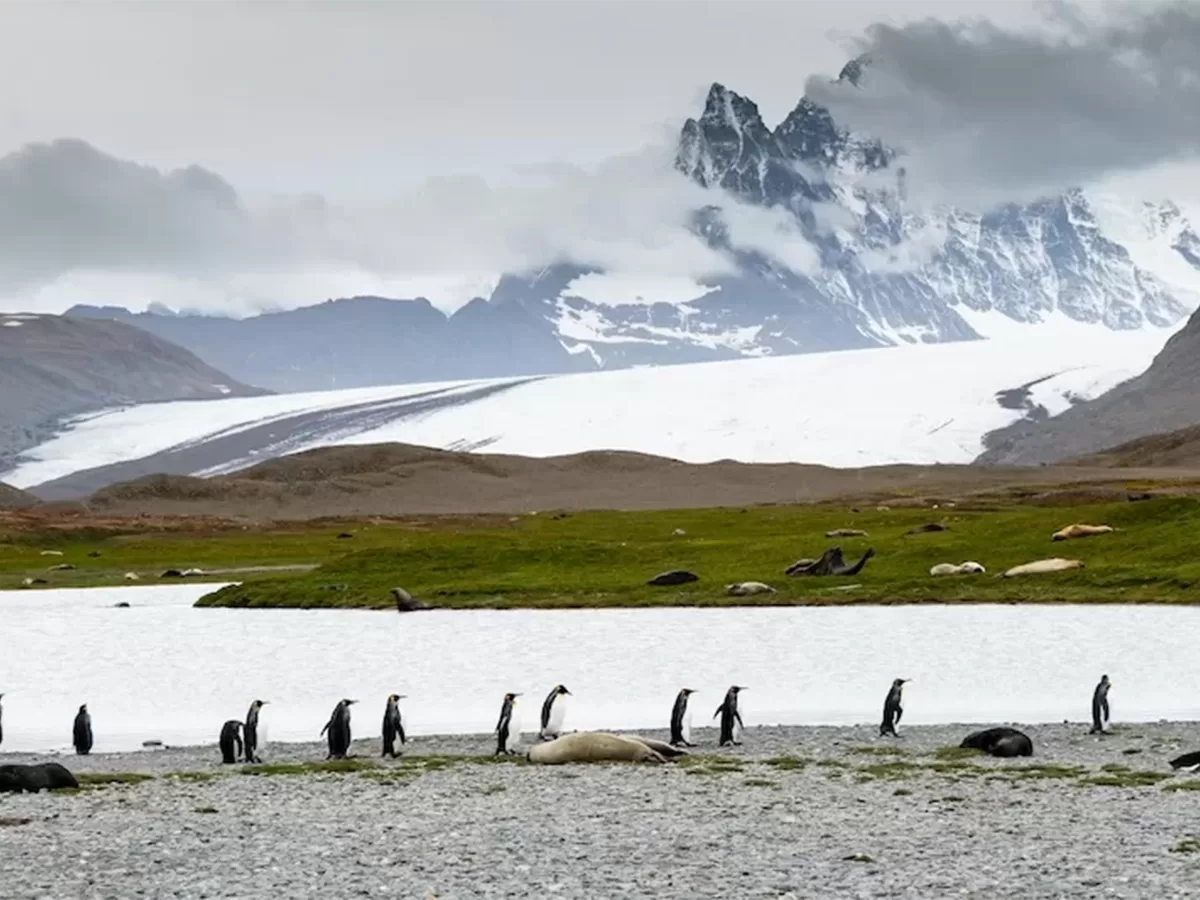Global Roundup: Passports, Property and Policy Shifts
The latest news and trends from around the world
From a surge in Americans seeking Irish citizenship to Spain’s property crackdown and Japan’s overtourism battle, major changes are reshaping travel and expat life. Here’s what’s making headlines this week.

Luck of the Irish
Since Donald Trump’s return to office, a surge of Americans have been applying for Irish passports, fueling speculation that many are looking for an EU escape route. The Irish Department of Foreign Affairs has reported a sharp increase in applications since November 2024, coinciding with Trump’s re-election victory. While many applicants cite heritage and ease of European travel as key motivators, political uncertainty in the U.S. appears to be accelerating the trend.
The Foreign Births Register allows descendants of Irish emigrants to claim Irish citizenship, providing them with the right to an Irish passport. With Irish passports granting visa-free access to the EU, demand is expected to rise further, mirroring the surge seen after Trump’s first election in 2016. As political divisions in the U.S. deepen, more Americans may view dual citizenship as both a practical safeguard and a symbolic step toward greater global mobility and stability.

Property Squeeze
Spain’s sweeping crackdown on short-term rentals and foreign-owned properties is sending shockwaves through expat and investor circles, with France, Greece, and Portugal reportedly considering similar measures. In response to protests over rising rents, Spain has tightened licensing rules for vacation rentals and imposed hefty fines on unregistered properties. While aimed at protecting locals from being priced out, critics warn the regulations could stifle the rental market and hurt tourism.
Meanwhile, Spain’s proposed 100% tax measure on non-EU property owners has sparked debate across Southern Europe. With housing crises worsening, governments are under pressure to curb foreign investment—often blamed for soaring prices. Advocates argue these policies will help locals, while critics fear they could trigger a sell-off of expat properties and destabilize real estate markets in some of Europe’s most sought-after destinations.

Tipping Point
Japan is tightening regulations to combat over-tourism as record-breaking visitor numbers overwhelm its most popular destinations. Kyoto, one of the hardest-hit cities, has introduced new fines for tourists taking unauthorized photos of geisha in the historic Gion district, a response to growing complaints about harassment and privacy violations. Meanwhile, officials have also implemented a daily visitor cap and a climbing fee for Mount Fuji to preserve the iconic site and manage foot traffic.
Beyond Kyoto and Fuji, local governments across Japan are pushing initiatives to redirect tourists away from hotspots like Tokyo, Osaka, and Hiroshima, encouraging travel to lesser-visited rural regions. These measures come amid mounting frustration from residents, who argue that uncontrolled tourism has led to overcrowding, noise pollution, and rising living costs. With a booming tourism industry expected to continue, Japan’s policies signal a shift toward stricter management to balance economic benefits with preserving local culture and livability.

Rise of Noctourism
As mass tourism overwhelms major destinations, a new trend is gaining momentum—”noctourism”, or seeking travel experiences after dark. From late-night safaris to midnight stargazing, travelers are increasingly opting for nighttime activities to avoid crowds and extreme daytime heat. Destinations like Tromsø, Norway, have reported a surge in visitors chasing the Northern Lights, while cities such as Dubai and Bangkok are expanding their 24-hour cultural offerings, including night markets and extended museum hours.
Read More Previous Week Global Roundup: Santorini Earthquake + more!
Recent reports confirm this shift, with a Booking.com survey revealing that 62% of travelers are interested in visiting dark-sky destinations, while 72% prioritize stargazing. In response, destinations worldwide are adapting to the demand, offering more nighttime experiences like illuminated temple tours in Thailand and night diving excursions in tropical waters. Experts suggest that noctourism is more than just a convenience—it’s reshaping travel habits, providing immersive, off-peak adventures, and offering a sustainable way to manage overtourism.

Rewriting the Map
Some may have noticed a surprising change on Google Maps—the Gulf of Mexico is now labeled the Gulf of America for users in the United States. This follows an executive order signed by President Donald Trump, requiring U.S. federal agencies to adopt the new name. While other countries and companies are not obligated to comply, Google has updated its platform to reflect the change within the U.S., while still displaying “Gulf of Mexico” for users in other regions.
The move has sparked backlash, with Mexican President Claudia Sheinbaum rejecting the unilateral renaming of an internationally shared body of water. Critics argue that the decision is more symbolic than practical, but some American oil companies have already started adopting the name in official communications. Whether other global organizations follow suit remains to be seen, but the controversy underscores the political weight of geographic naming disputes.












